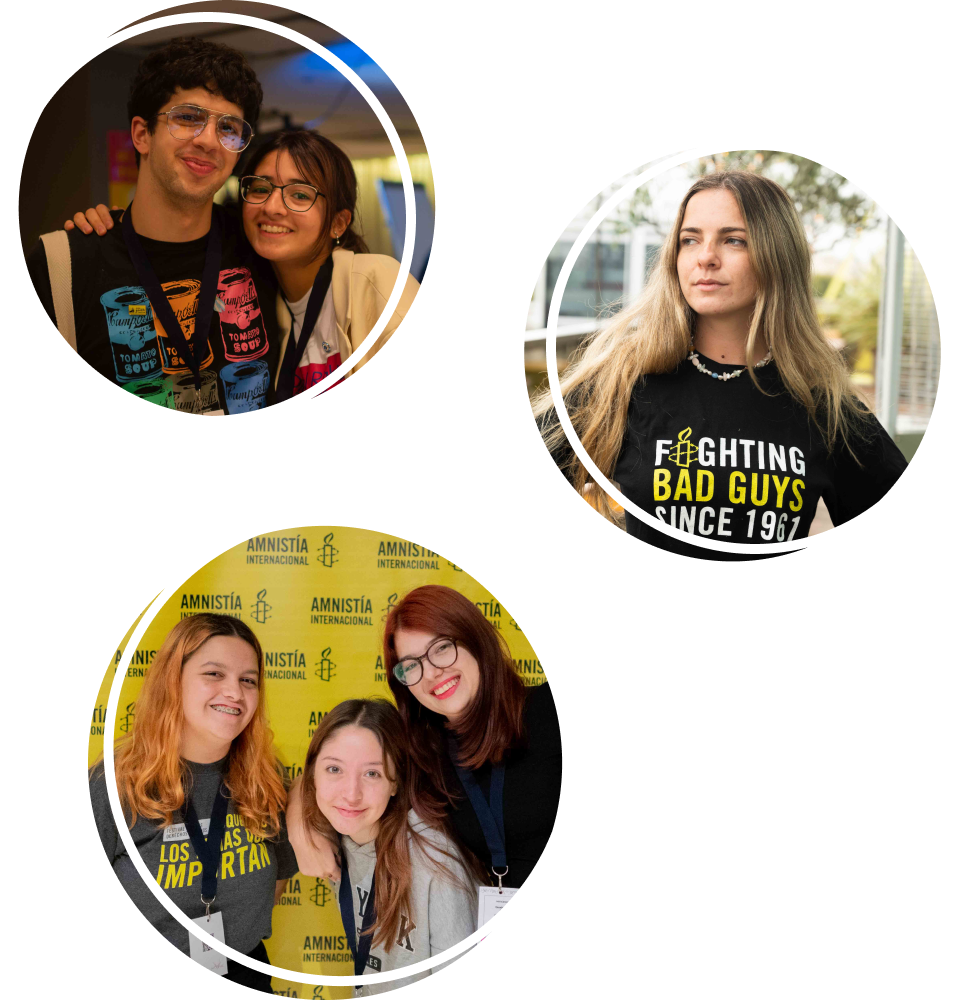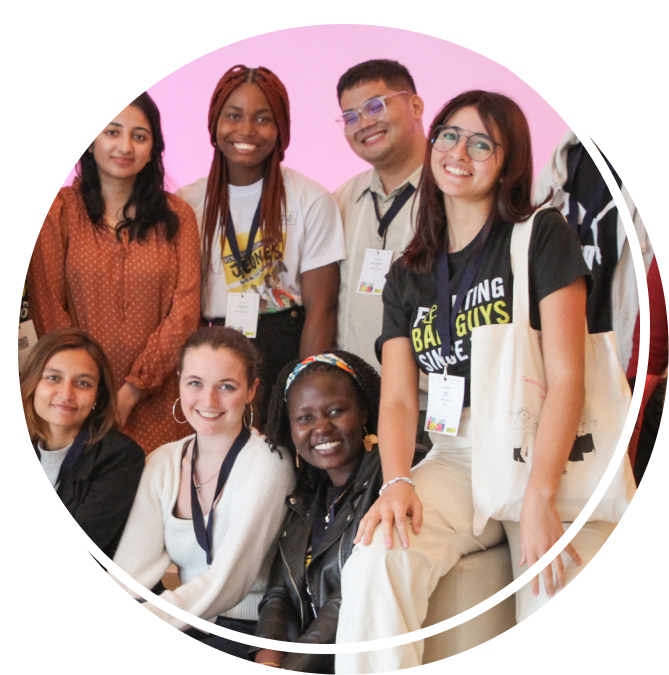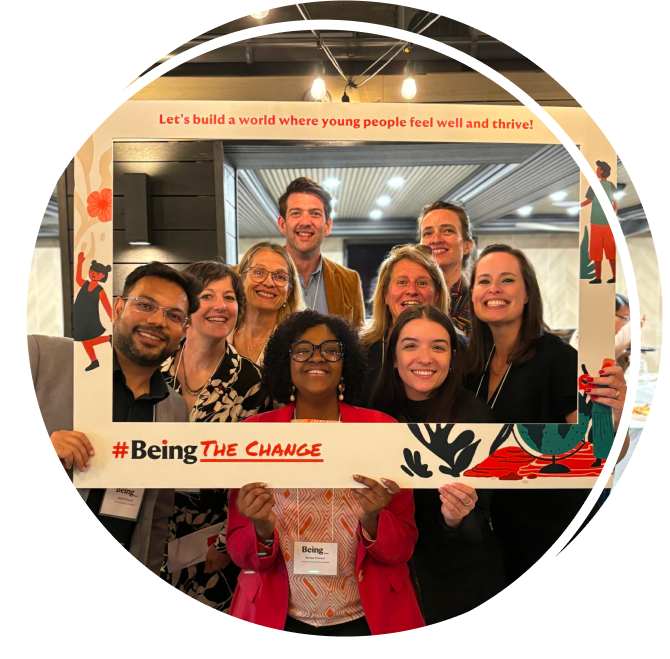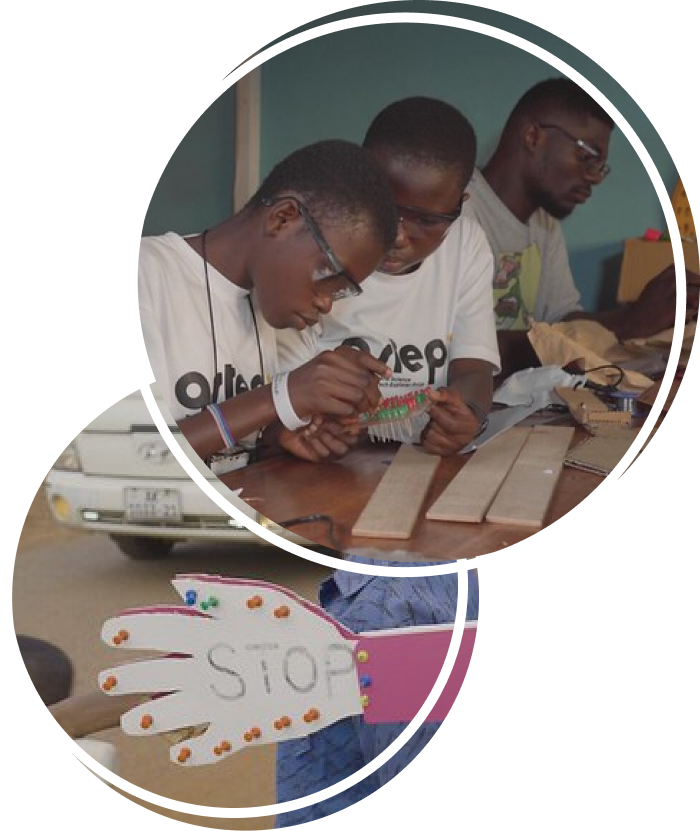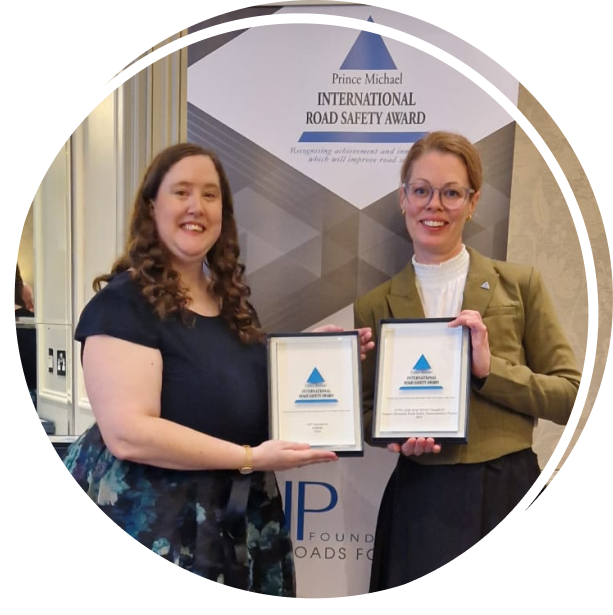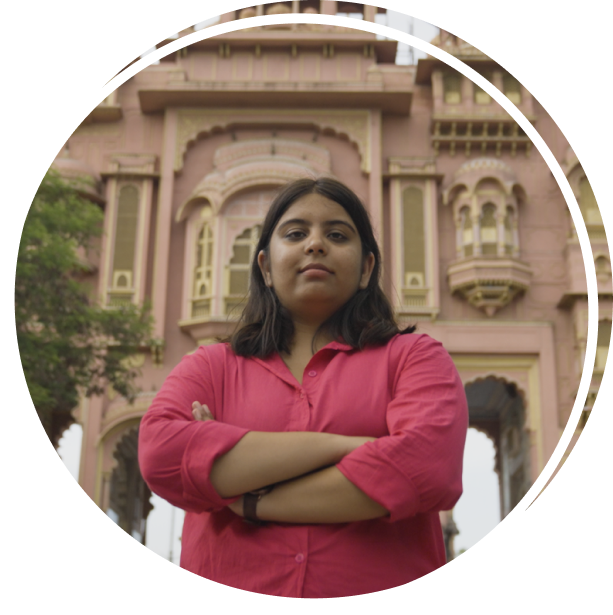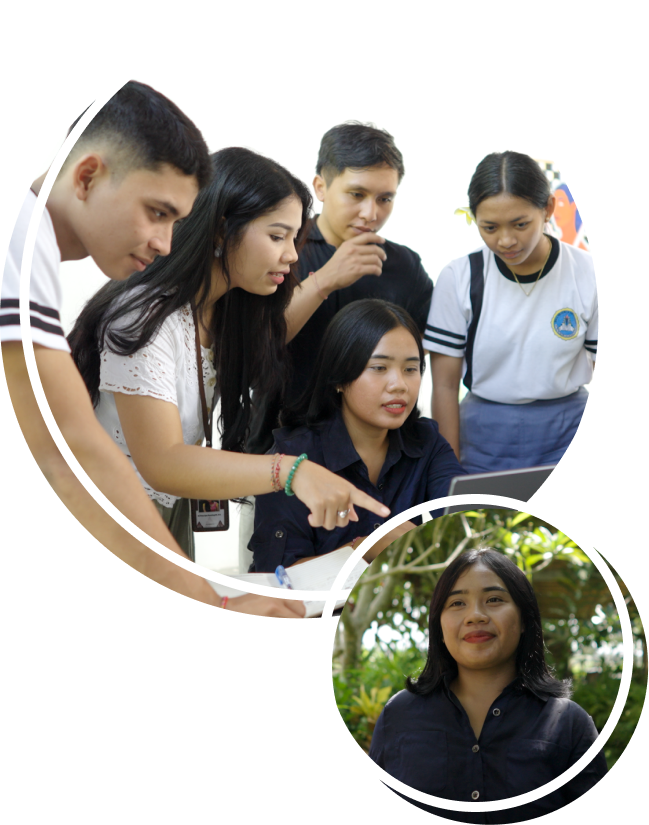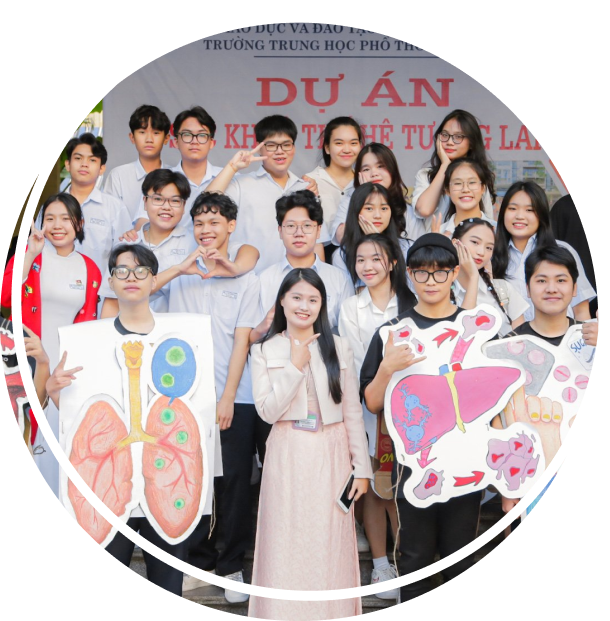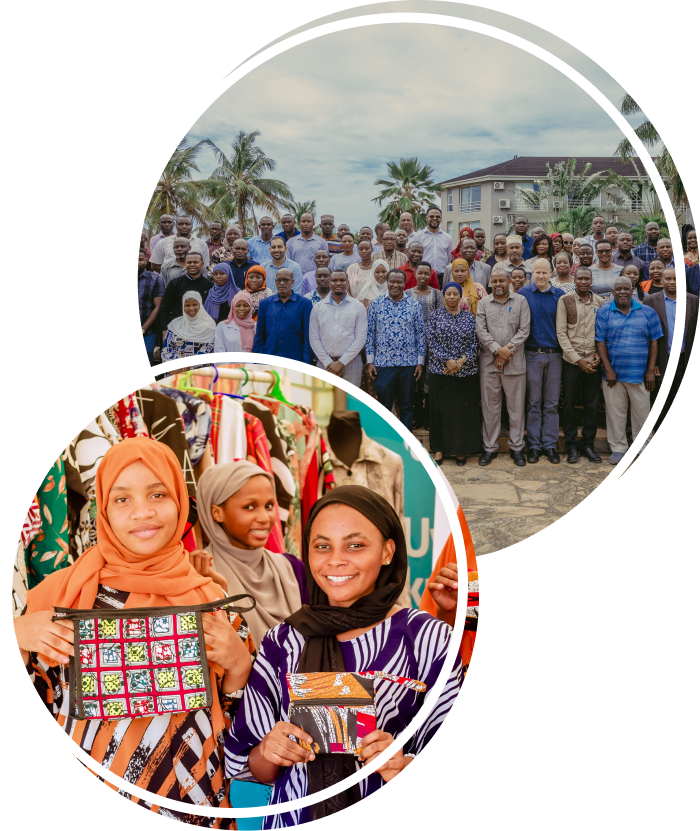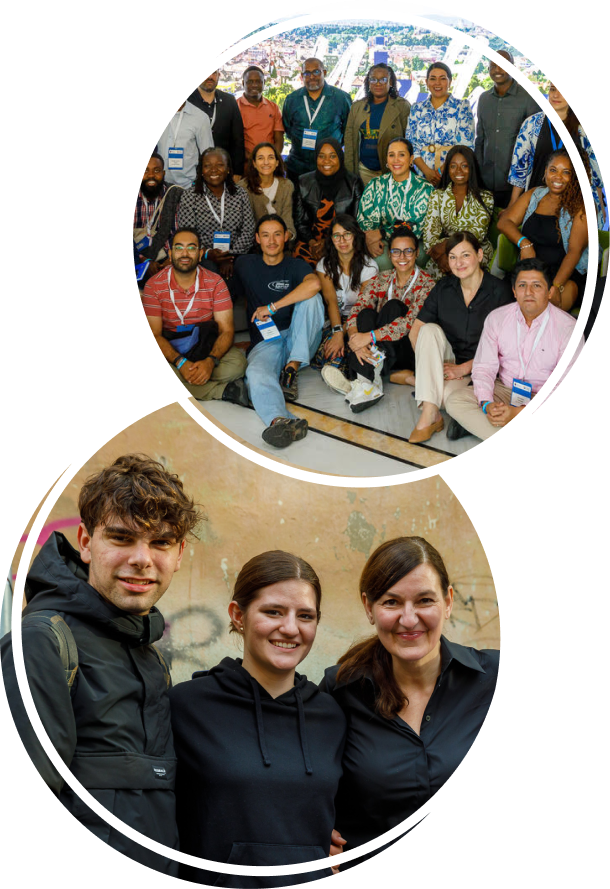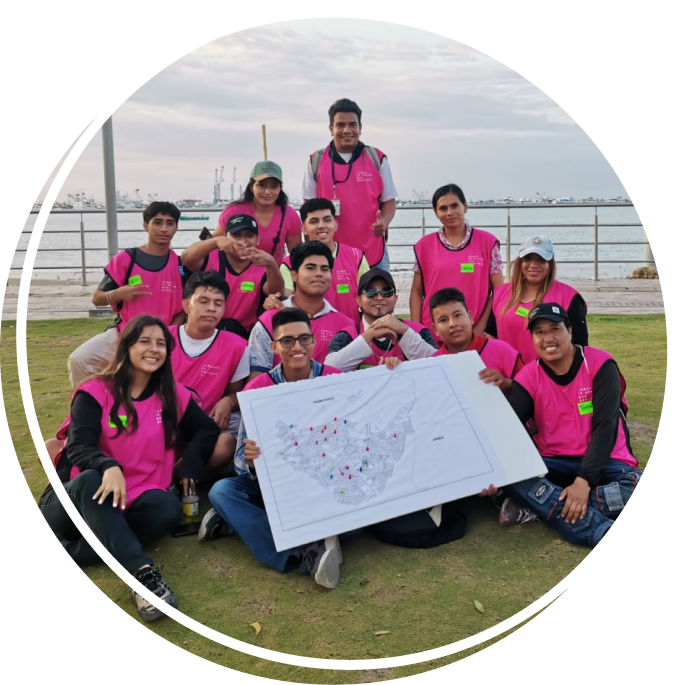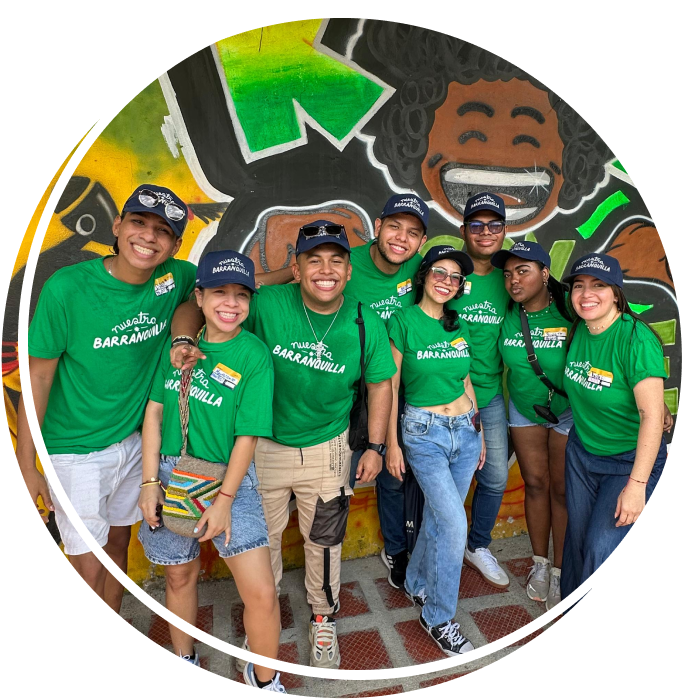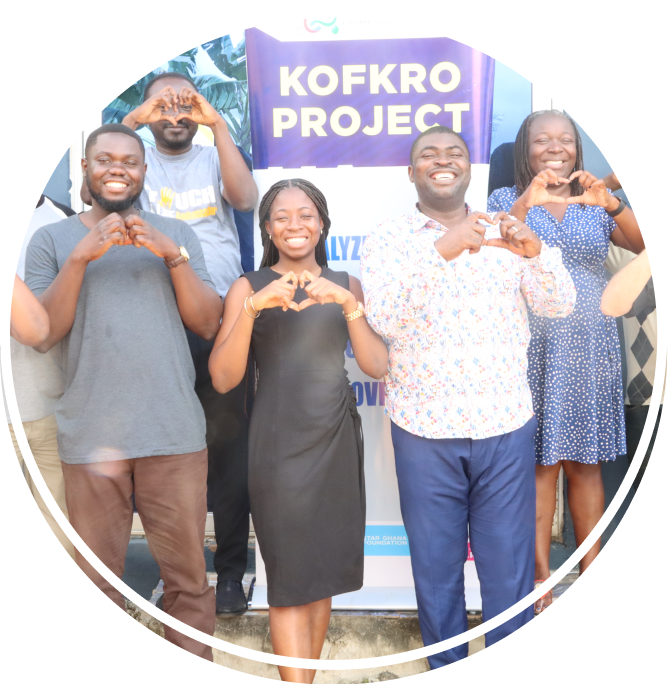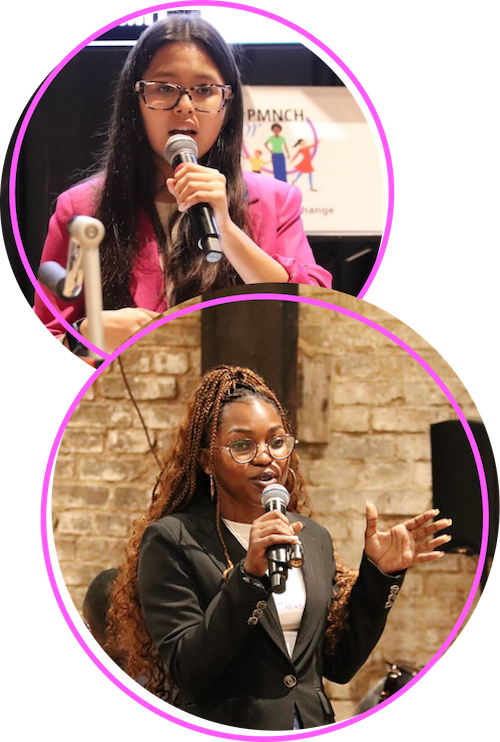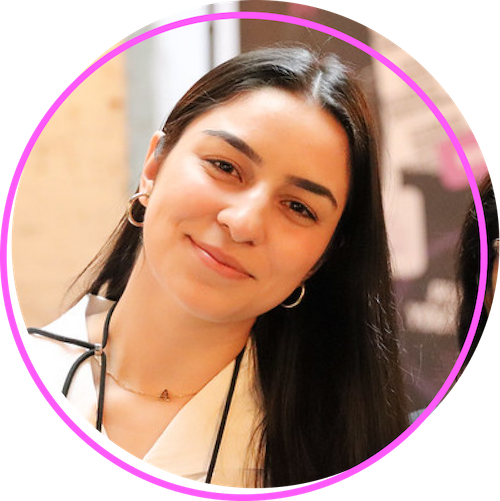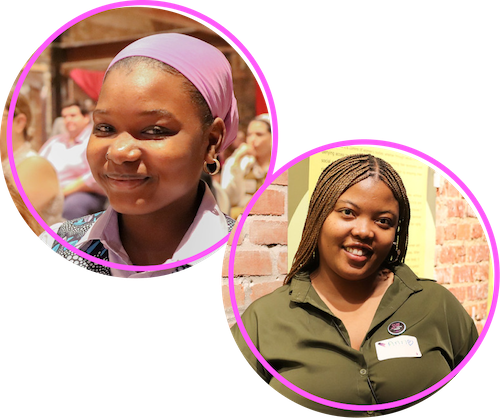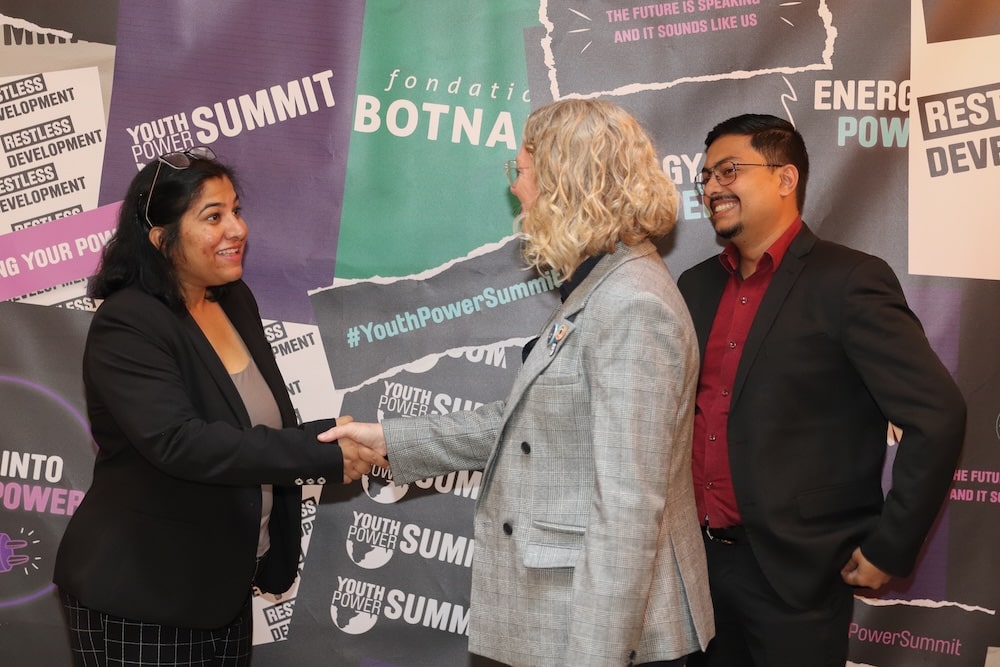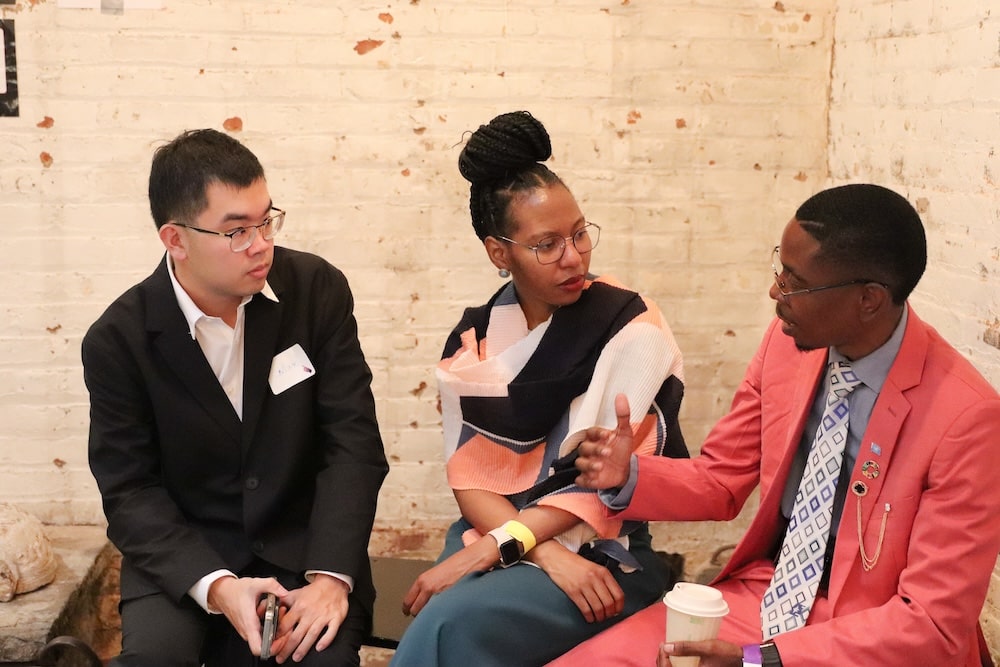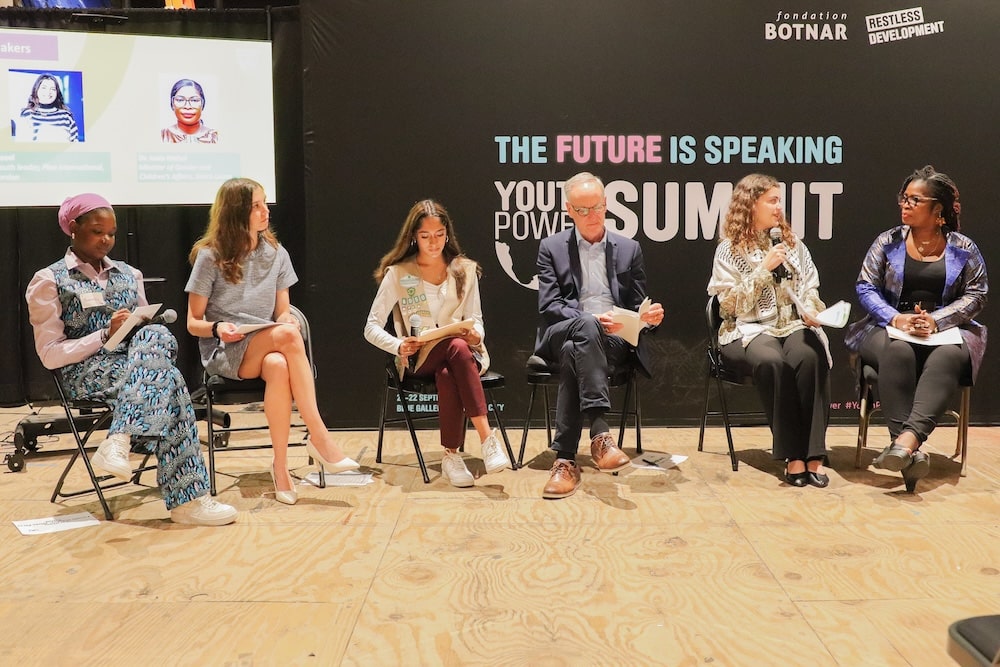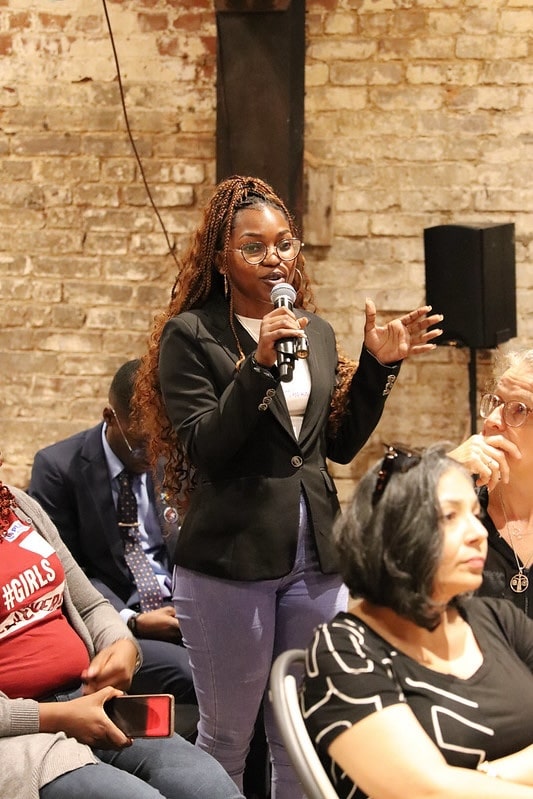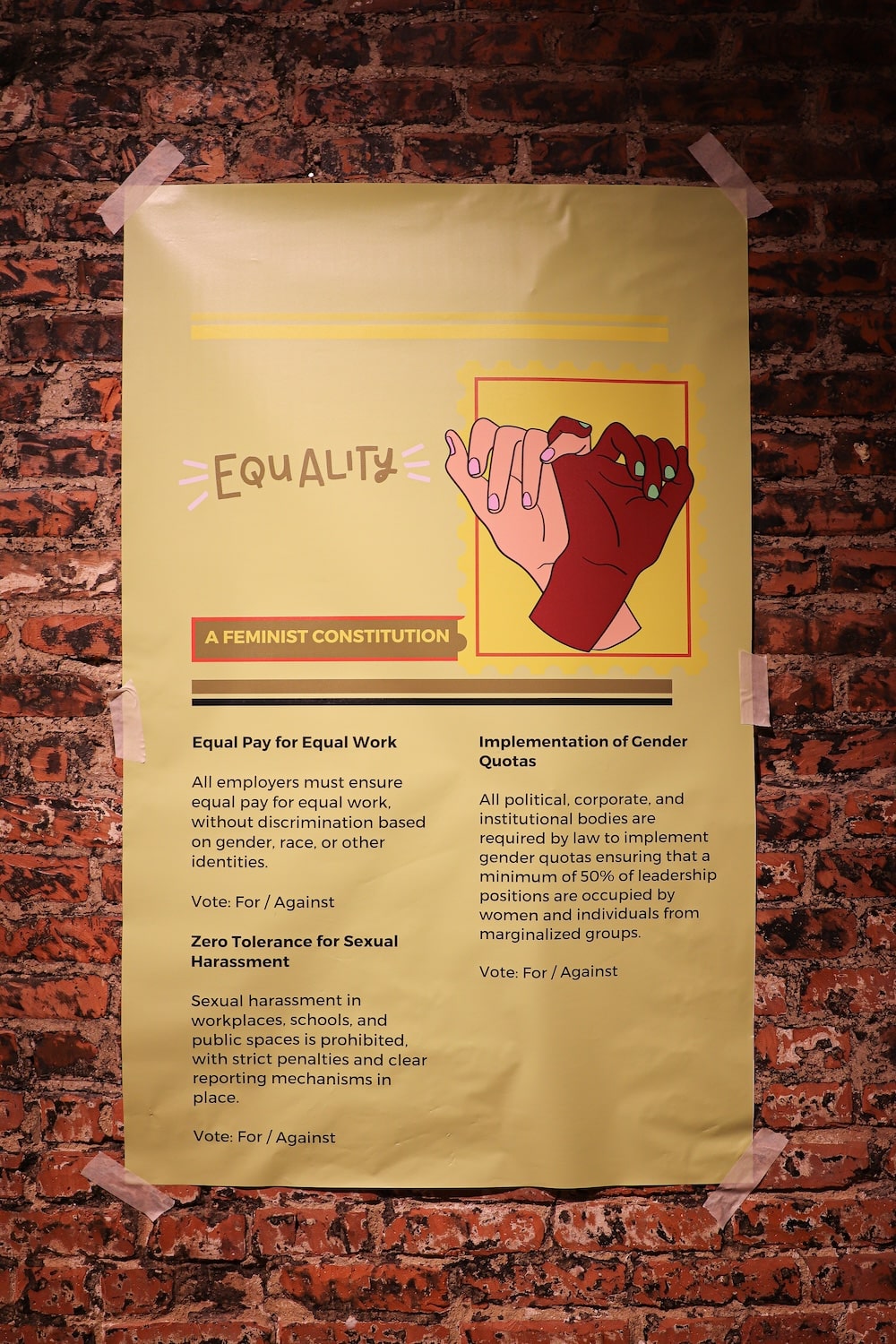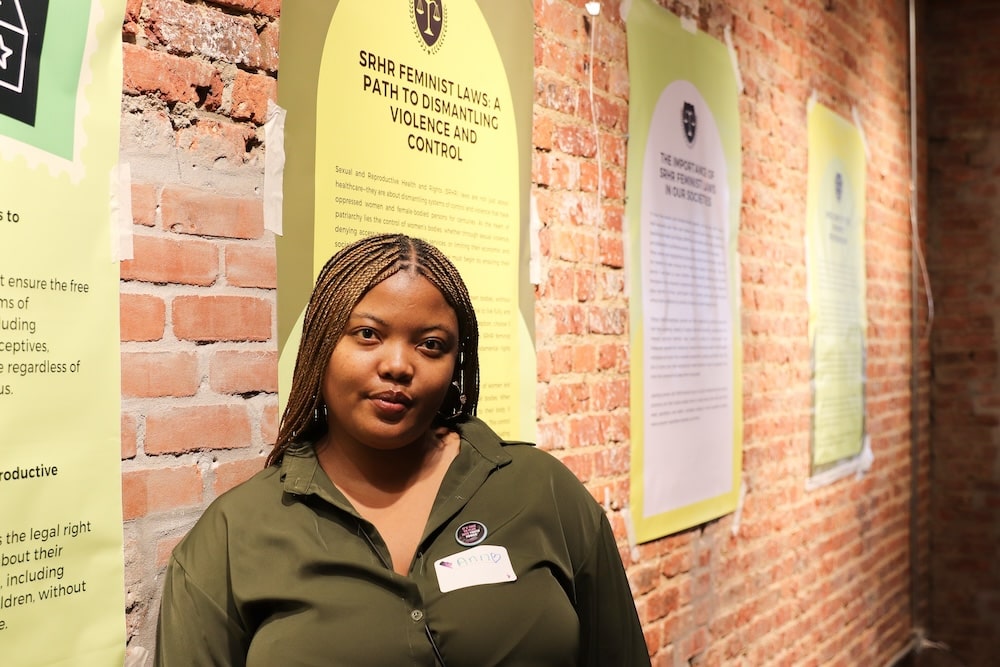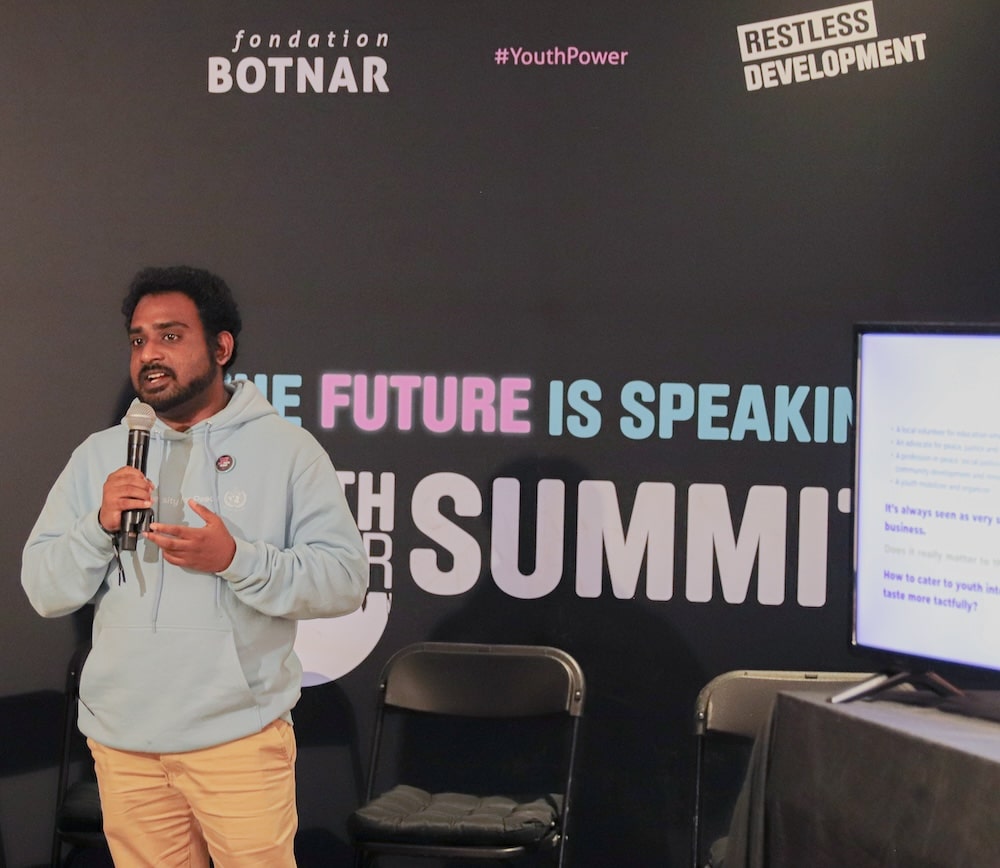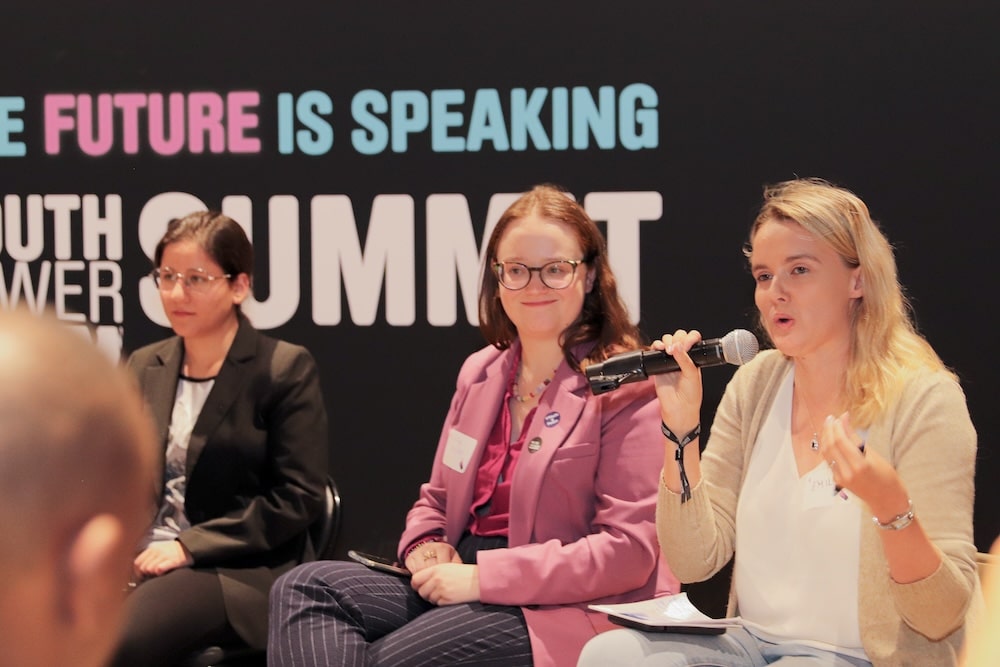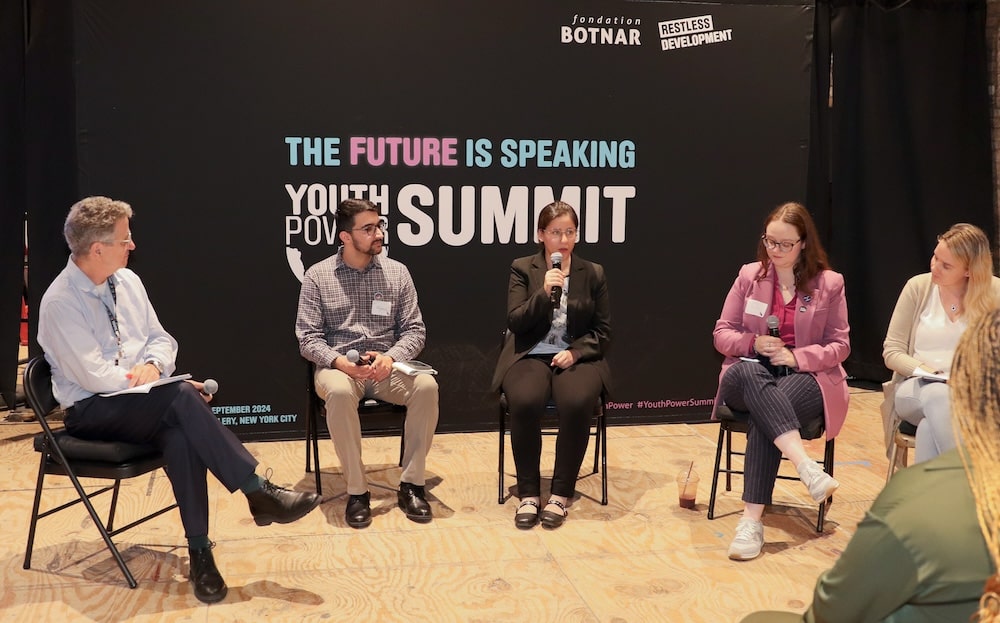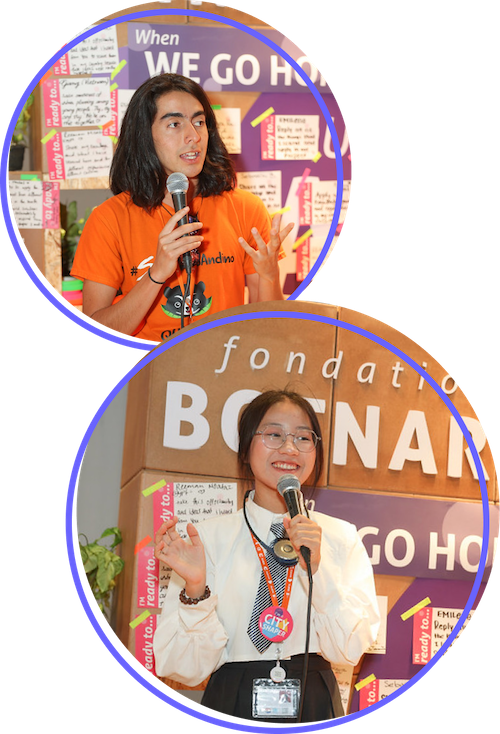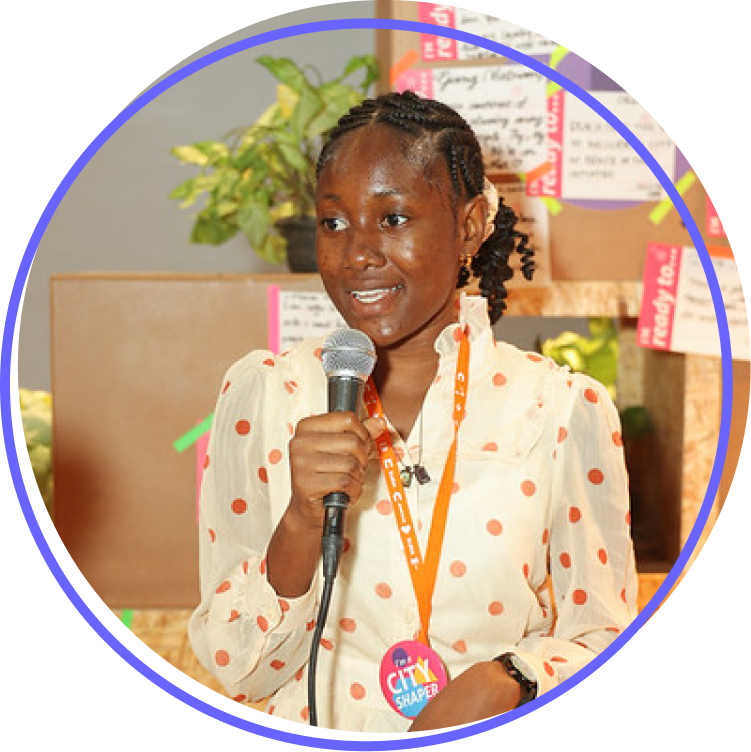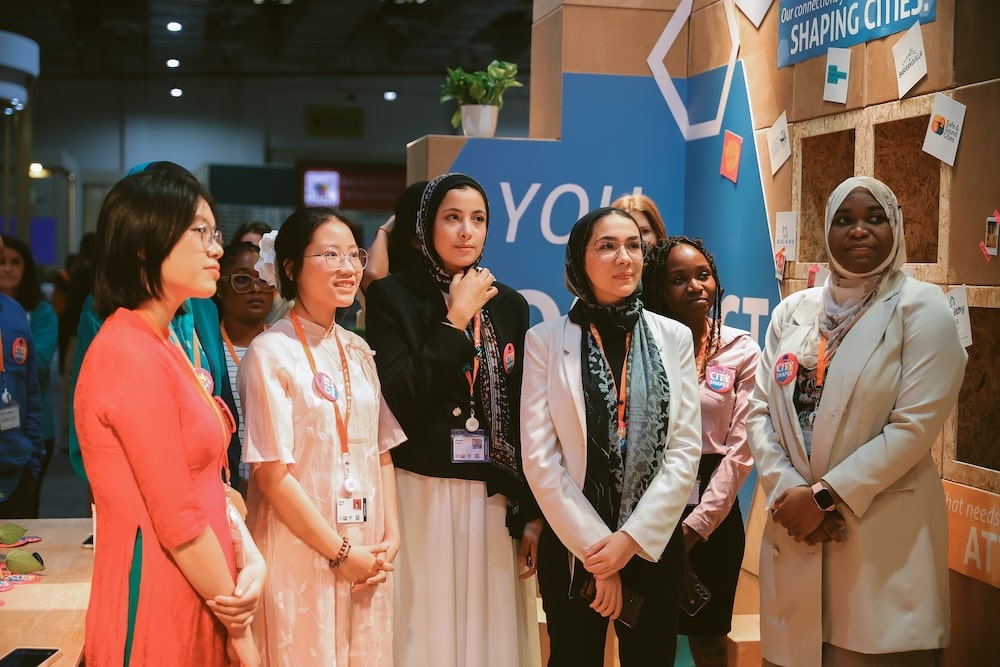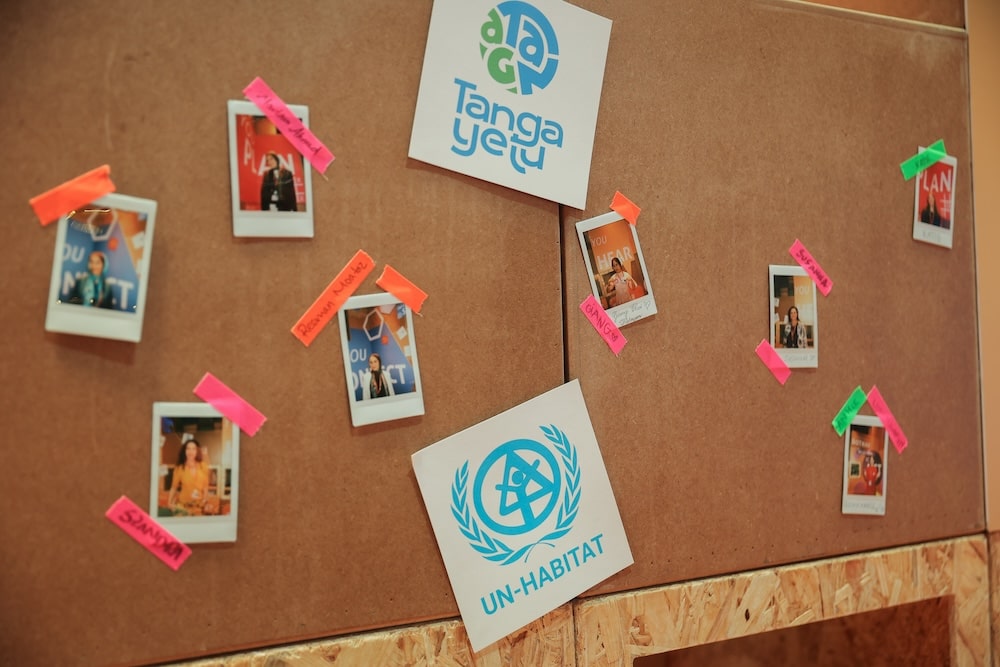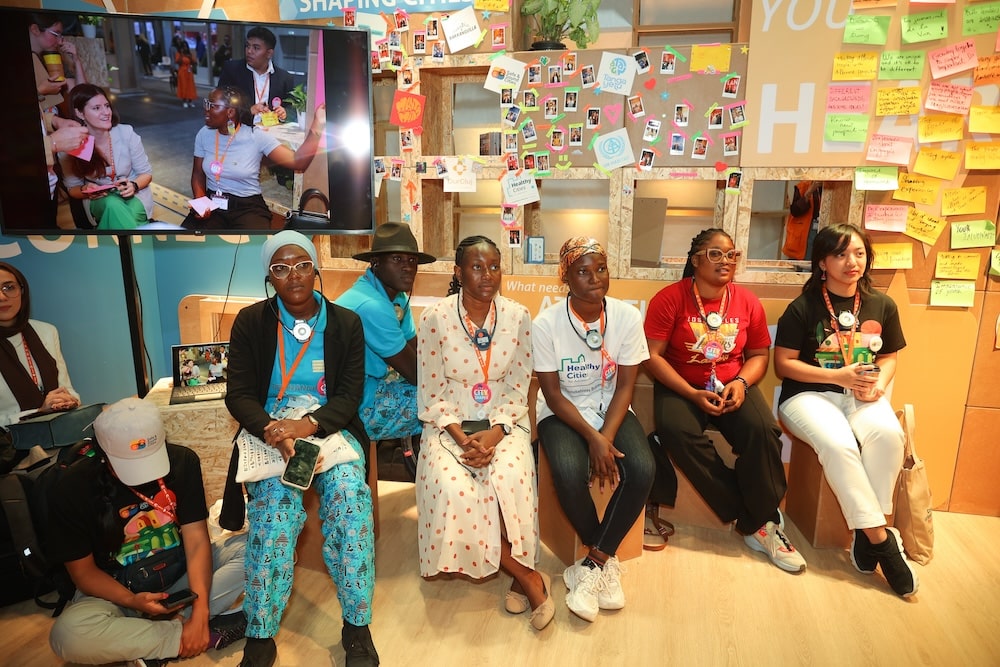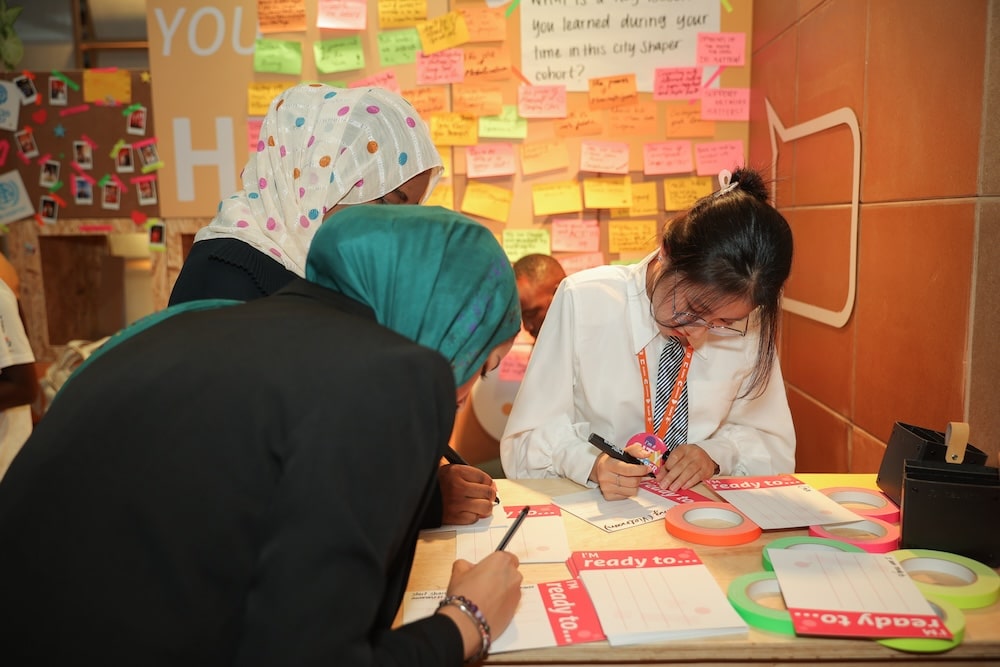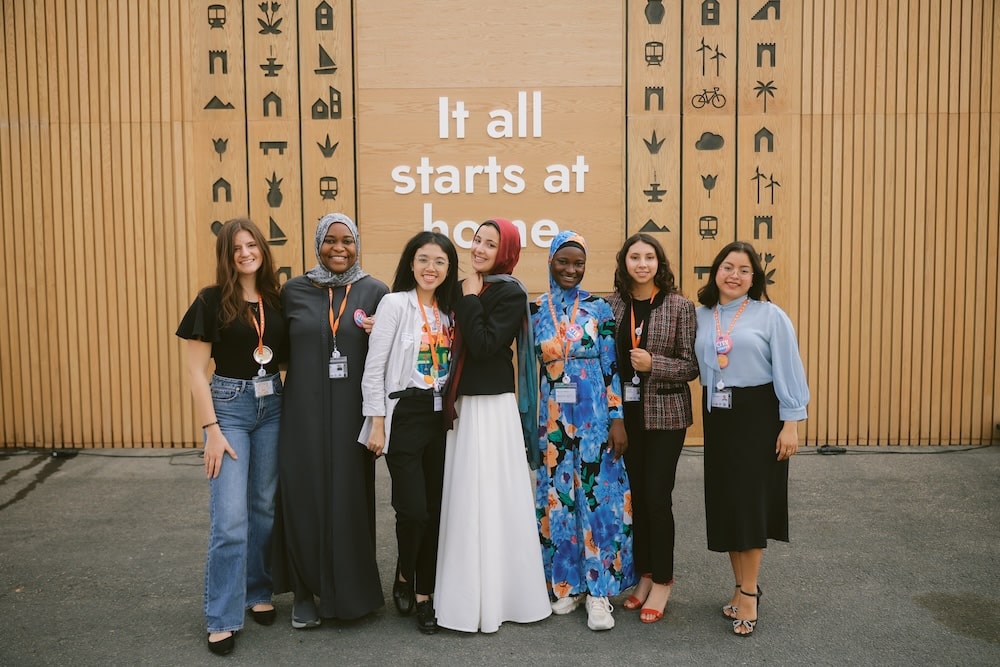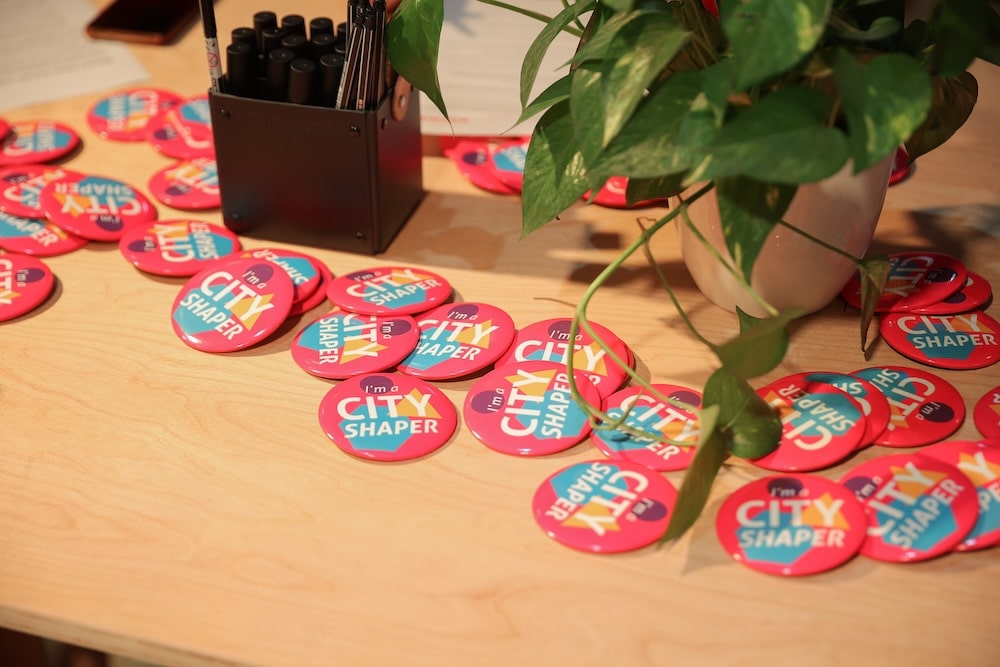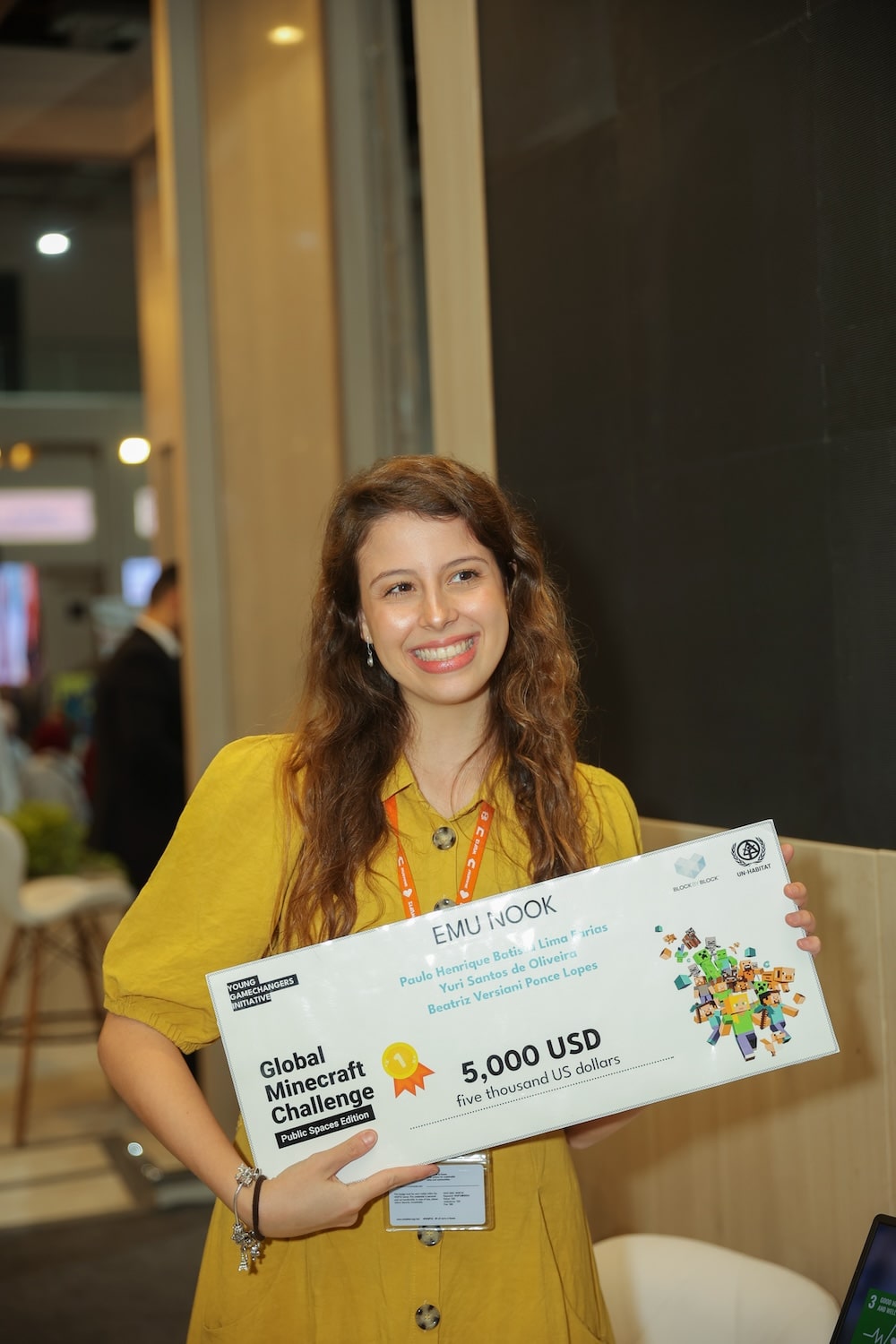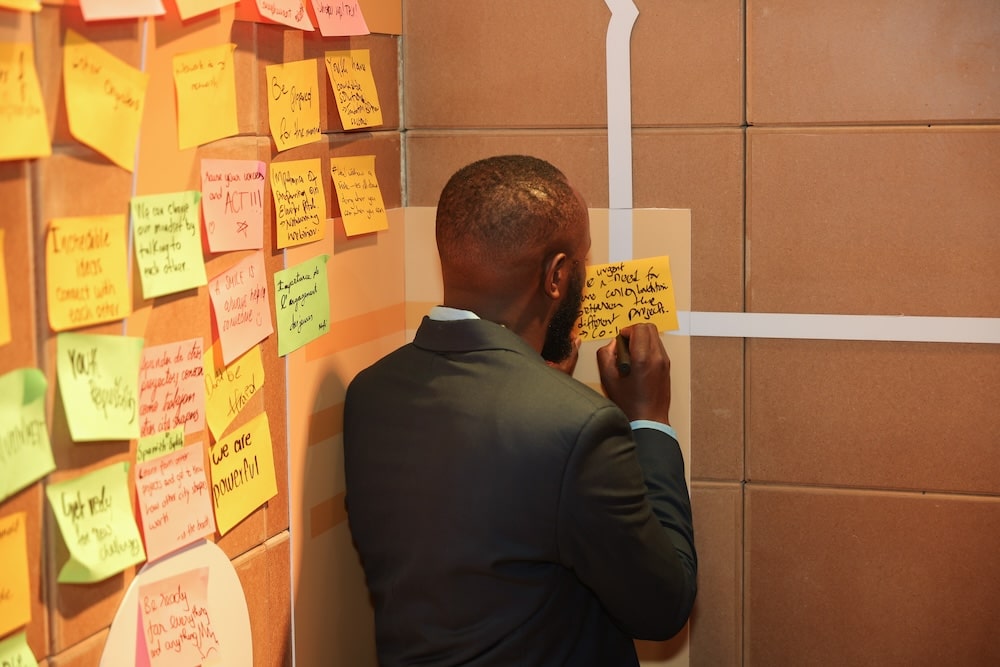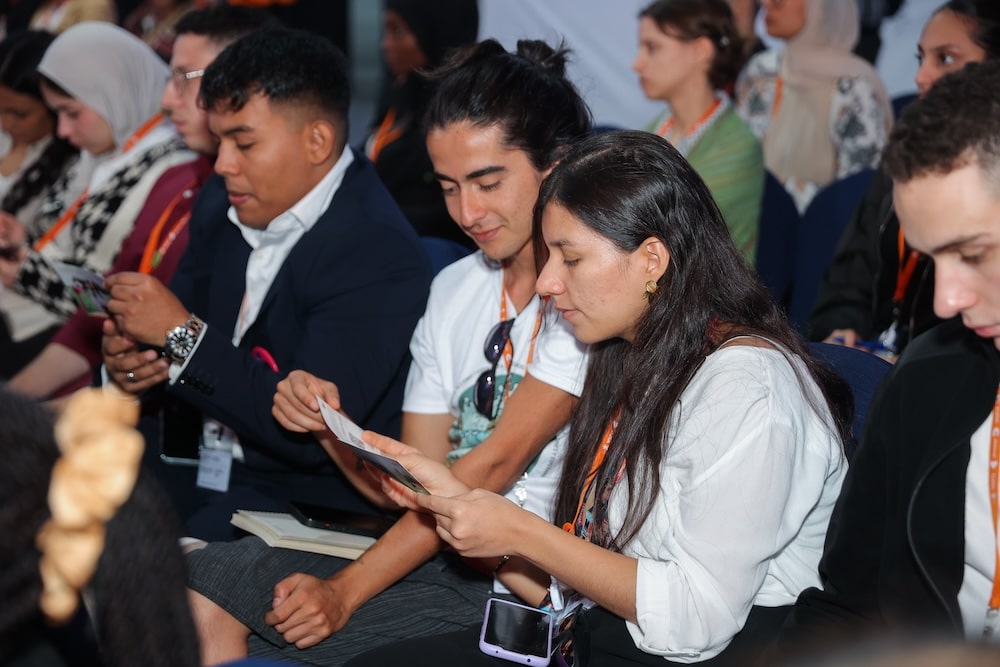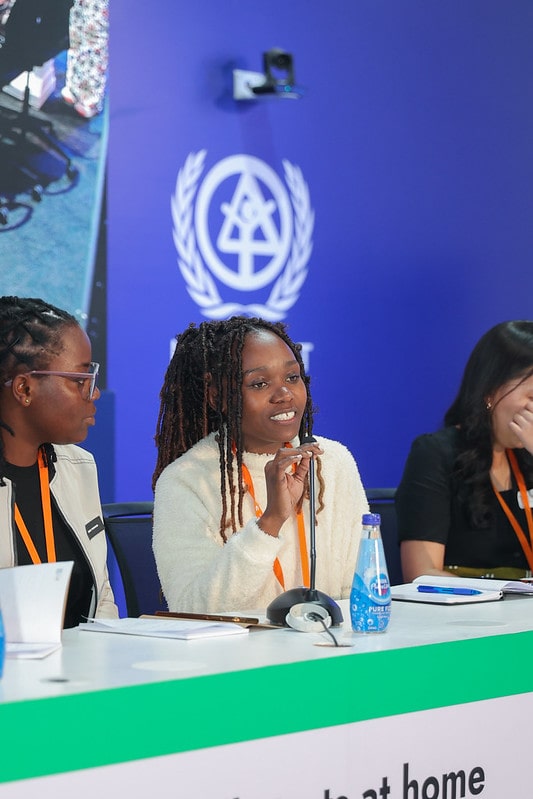Donovan Müller, a recent high-school graduate and Foraus blog contributor (read his recent publications here), supported Fondation Botnar during our session at AI for Good Global Summit on 8 September 2020, capturing key discussions around this critical topic. In this blog, he reflects on Fondation Botnar’s session on “Digital rights: emerging questions for the wellbeing of the next generation.”
Technological advancements are not new to the 21st century. We have become accustomed to frequently using electronic devices, and companies have for a long time been collecting our personal information and data. These developments will continue with greater amounts of sensitive information such as our health data, which are increasingly easy to gather, store, and share. The collection of health data poses a lot of questions: How do we best regulate it? How do we secure trust and uptake? And how do we ensure human rights are respected? It also sparks critical thinking around the importance of including younger generations in the shaping of their digital futures.
The session, moderated by Ulla Jasper, Fondation Botnar’s Policy Officer, focused on four key issues related to the subject:
- To understand the key problems around the realisation of digital health.
- To analyse the impact of digital technologies, such as health data on human rights and minorities.
- To incentivise discussion surrounding health data and digital rights.
- To determine how to best include young people in these discussions.
Yacine Ndiaye is a member of the Young Experts: Tech 4 Health, a Fondation Botnar supported platform which enables young people to shape the global health agenda. She opened the discussion with a bold call for young people to be actively engaged in the debates surrounding AI, data collection, and technological development. With younger generations growing up all their lives in a digital world, she expanded that they are the best age demographic to be leading this transformation. They have a good awareness of the problems, and the methods to solve them. Therefore governments, among other actors, should increasingly seek to empower young people to take the lead and help actively create new strategies concerning health and technology.
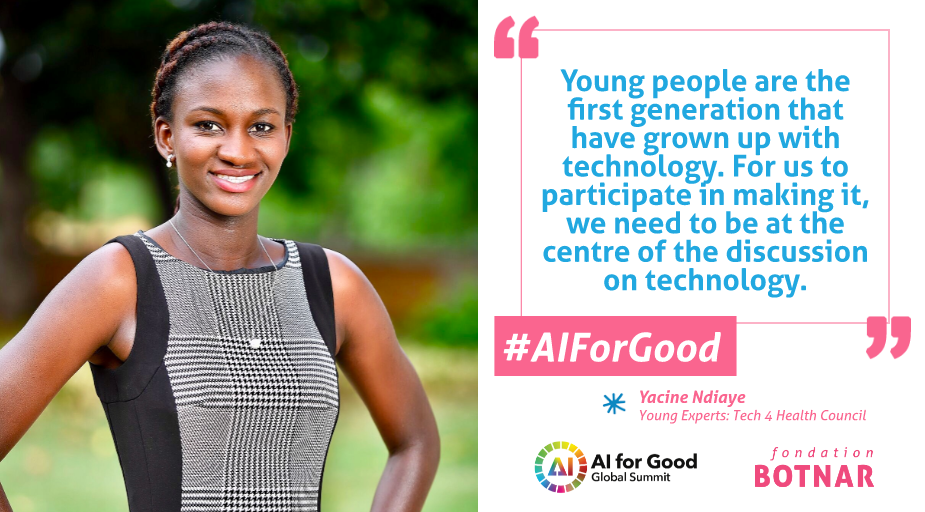
Tony Stower, Director of External Engagement from the 5Rights Foundation, spoke both generally about young people and technology, and specifically about children on online platforms. He argued that there is not enough protection for children on the internet, exposing them to dangers that they cannot control. He argued that the rise of technology had created a system – the internet – which doesn’t provide full protection of children.
Most social media companies don’t regulate platforms with children’s protection and needs in mind, and algorithms often display misleading content to children, leading to stress and obsession over specific topics at a young age. To truly protect children from sexual offences and other dangers on such platforms, digital companies must properly understand their users’ needs. Therefore, children should not be treated as adults on internet platforms and companies need to live up to their promises of user protection. Tony also saw a responsibility in governments to implement effective and appropriate regulations to ensure that a free internet can indeed coexist with child protection measures.
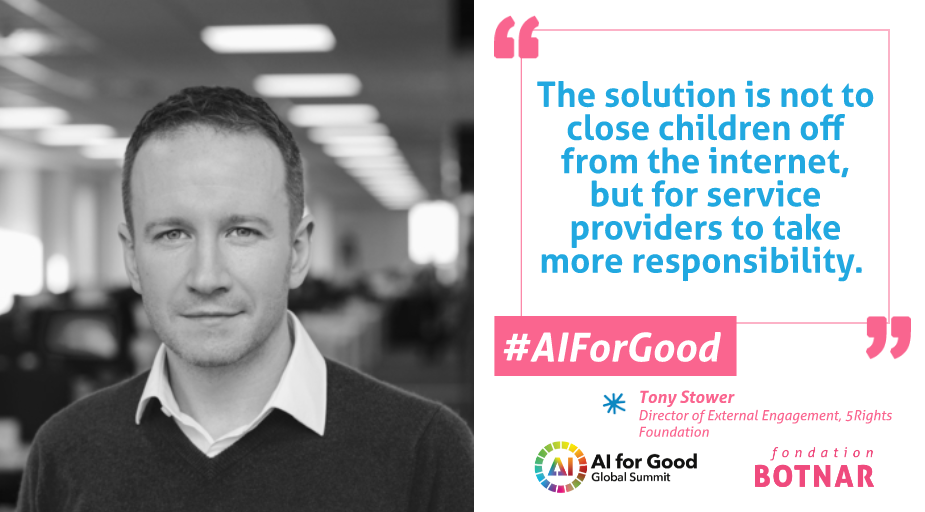
In line with Tony’s remarks on unwanted side effects created by the rise of technology, Rajat Khosla, Senior Director on Research, Advocacy and Policy at Amnesty International, remarked that in the age of digitalisation, there is too much focus on the technology itself. This often leads to the neglection of the actual purpose of new technology. Its development is rushed, and the end-product reveals flaws and improper safeguards for its users. On private sector responsibility, Rajat sees limited opportunity in companies’ proper self-regulation. Instead, he called for international law standards and politics to enforce human rights in technology because tech companies do not wish to inhibit their platforms by utilising stringent regulation themselves.
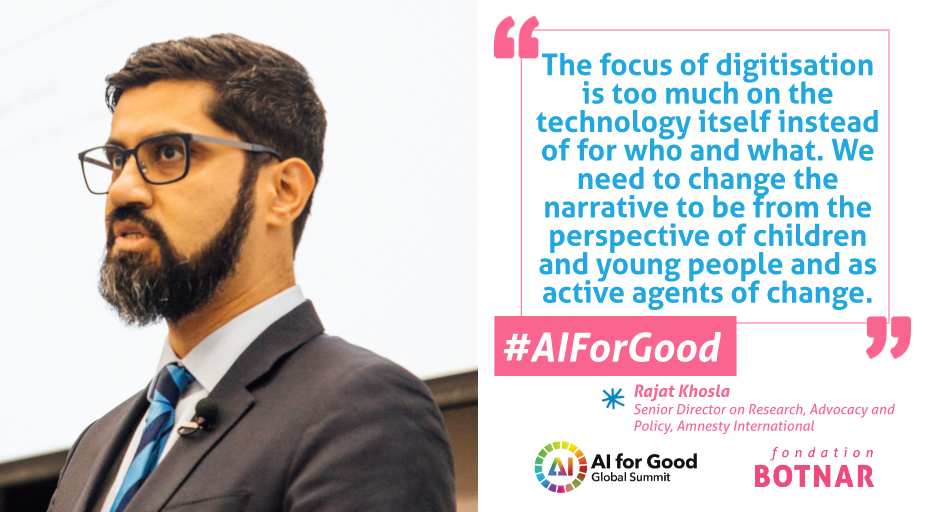
In addition, Meg Davis, an anthropologist and human rights advocate at the Graduate Institute, discussed the dangers of large-scale data collection and what this means for minorities. She argued there is a high risk of discrimination when data is collected on false assumptions and poor algorithms, simply meaning that some people’s data is not registered and analysed for good. This was especially apparent in the fight against HIV, where many infected from marginalised groups were not counted because governments wished to paint a positive picture of the situation in their country and effectively buried the issue. She advocated for the world to rethink the power hierarchy in data collection and governance for human rights to be better respected and discrimination to be eliminated.
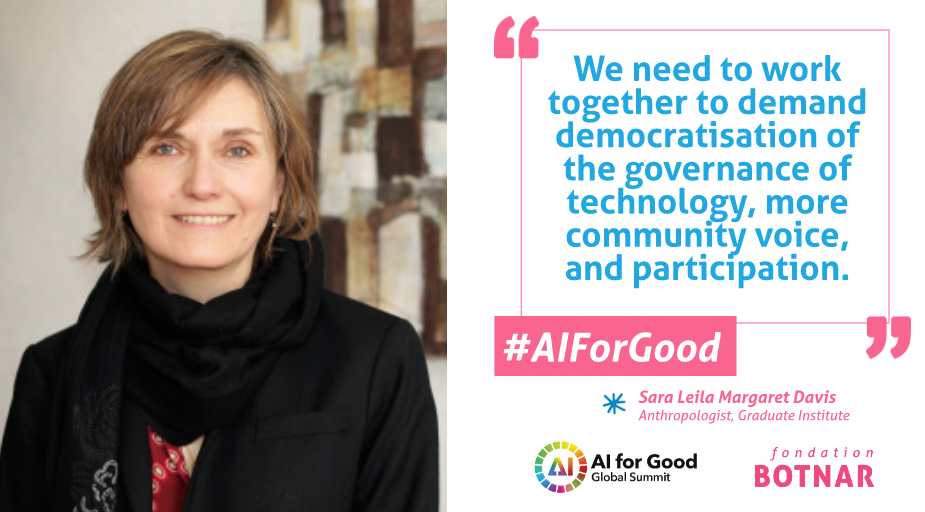
From minorities not being counted, negative influences of internet platforms on children, and human rights in many cases, not being respected or disregarded, pressing issues were raised around the use of digital technologies that are already integrated into young people’s lives, and how this affects their health and wellbeing. There are many hurdles ahead that can only be overcome through collaboration and international cooperation.
The AI for Good Global Summit provided an important platform for experts with diverse backgrounds to come together in a discussion about technology and digital rights. During this session, we also saw many important calls for young people to be engaged in policymaking on digital issues and potential solutions on how current data governance issues can be solved. But it was also made clear throughout the session that there are indeed many opportunities to achieve greater protection, inclusion and regulation across the world in the digital sphere. We just need to take advantage of them. The discussion ended with a positive and empowering tone from Yacine, who stated that “We (the young people) have more power than we think!”.
You can watch the recording of the event here.
Fondation Botnar will continue to work on catalysing debate on the opportunities and challenges that data presents for the health and wellbeing of young people through for example the Young Experts: Teach 4 Health, the Transform Health Coalition, and other initiatives.



